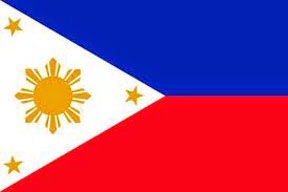
MANILA (Mindanao Examiner / June 27, 2014) – The local Consumers’ Action for Empowerment or CAE has accused transnational corporations of controlling the entire essential drug production chain in the Philippines from manufacturing, distribution and retail resulting in expensive medicines.
It said the Philippines now ranks among the top countries in Asia where medicines are most expensive and these corporations dictate the high prices of medicines.
Dr. Julie Caguiat, convener of CAE, said given the monopoly control, the Cheaper Medicines Law cannot make any significant change in reversing the inaccessibility of essential medicines for the people.
She cited (Nifedipine) Adalat Retard (20 mg) manufactured by Bayer pegged at P43.45 per tablet in most drugstores in the Philippines based on 2010 prices while the same brand and preparation can be bought in India at P1.44 per tablet. The same is true with (Mefenamic Acid) Ponstan (500 mg) manufactured by Pfizer which is bought in the country for P25.77 and the same drug can be bought in India at P2.96.
“Why are the same brands of medicines cheaper in India? It is because, unlike our government which succumbs to the dictates of these TNCs, India imposed strict regulations, decisively curbing the control of TNCs in its drug industry,” Caguiat explained.
She said the poor families bear the burden of expensive medicines and that a 2012 research done by Ibon Foundation reported that the average family spent P7,018 for health whereas the government allotted a measly P912.50 per person that year; the bottom half of the households spend an average of 49% of their total health expenses for medicines; there is no capitation for primary care and 80% of pharmacy sales are on outpatient.
“The government cannot argue anymore that there is no sufficient fund for health or medicines for that matter. The Aquino government reeks of systemic corruption,” Caguiat said.
“We call on the government to undertake immediate measures to make essential medicines accessible to the people: remove the monopoly control of TNCs in medicine prices; remove 12% of VAT in essential medicines; ensure free essential medicines in public hospitals; abolish the Disbursement Acceleration Program (DAP) and allocate bigger budget for health including providing for free essential medicines for the poor,” she added.
